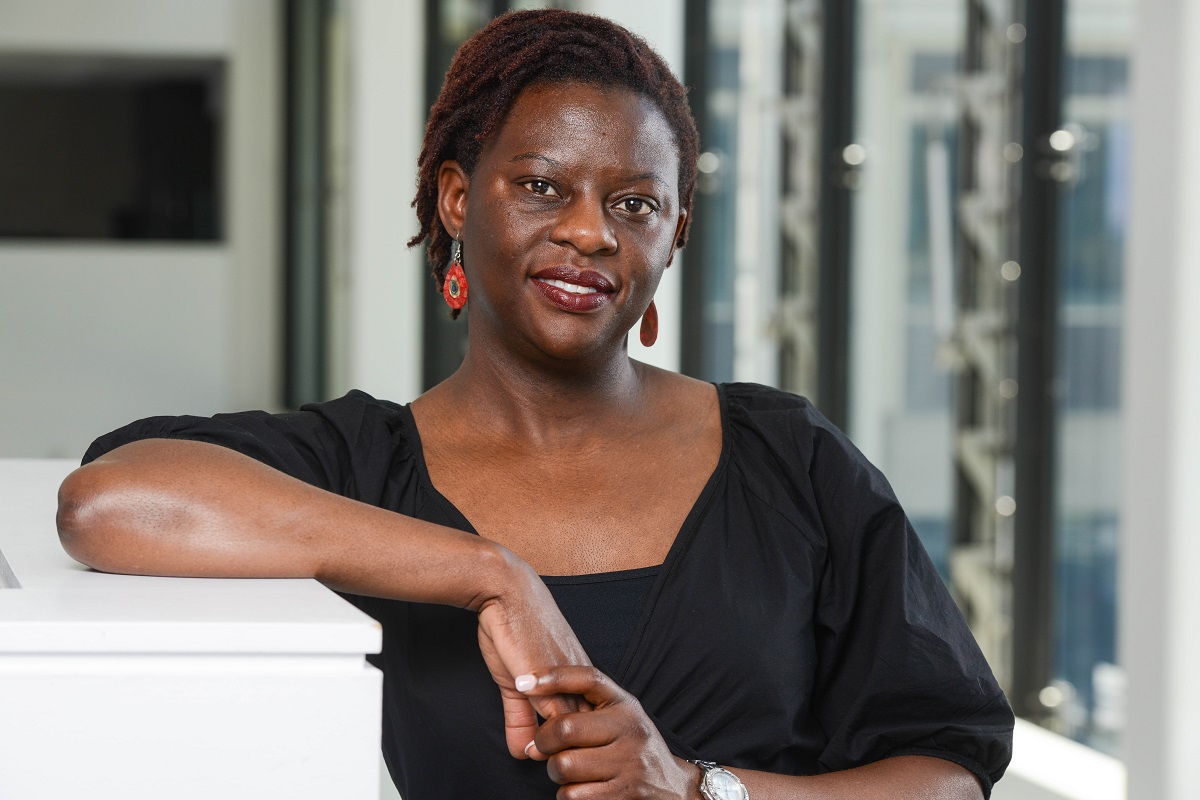
Dr Norma Bulamu’s work in health economics is helping detect, prevent and treat oesophageal and bowel cancer to improve outcomes around Australia. We spoke with her about her journey from Pharmacy to Health Economics, and Norma shared a little about the inspiring women in her life.
What is your role here at Flinders?
I am a senior research fellow in Health Economics at the College of Medicine and Public Health. My role is to provide specialist health economics expertise to cancer surveillance, prevention, treatment and survivorship projects at the Flinders Centre for Innovation in Cancer (FCIC).
What does your work focus on?
My career goal is to use health economics analysis to provide reliable information for decision-making to improve health care and population health. I work with the gastrointestinal cancer groups at FCIC, the BOSS project led by Professor David Watson and the Bowel Health Service led by Associate Professor Erin Symonds.
I am investigating how to improve efficiency and achieve cost-effectiveness in the prevention, surveillance and treatment of oesophageal and bowel cancer. I was awarded an Early Career Researcher fellowship by Cancer Council SA commencing in July, and I will be looking at how to tailor colonoscopy surveillance to individuals most likely to develop bowel cancer. Guidelines recommend regular surveillance colonoscopy for individuals with a family history or previous history of precancerous lesions at colonoscopy. However, some individuals still develop bowel cancer despite being under surveillance, and others have frequent colonoscopies with no cancer or pre-cancerous lesions found. This project will use existing data to develop risk profiles for developing bowel cancer to identify individuals at greatest risk and demonstrate the cost effectiveness of optimising surveillance to this population.
Tell us a little about how you got into your field.
Following my first degree in Pharmacy, I worked on projects researching and implementing policies on the treatment and prevention of HIV infection in Sub-Saharan Africa. I then completed a Master of Public Health (MPH) at the University of Melbourne. While studying for the MPH, I was introduced to Health Economics, and the concept of efficiently using healthcare resources while improving population health outcomes. I, therefore, applied for a scholarship to pursue a PhD in Health Economics here at Flinders. I have worked as a Health Economics research fellow in the College of Medicine and Public Health since 2017, and recently I was promoted to senior research fellow.
Who inspires you?
I am fortunate to have had a number of positive female role models, both personally and professionally, who have inspired me at different stages of my life.
Firstly, my mother and my sisters are hardworking women who have beaten many odds to be women of influence in their fields.
Secondly, I was privileged to go to one of the best girls’ high schools in Uganda where I was classmates with an inspiring group of girls who have excelled in their respective fields, influencing policy at both national and international levels.
In the workplace, I was fortunate to embark on my career as a young pharmacist in an organisation founded and led by an inspirational group of women who mentored me and continue to challenge me to be the best I can be.
What is your favourite part about your work?
Seeing research I have worked on informing the policy agenda and translated into practice. I also relish seeing the students I have supervised or mentored complete their studies and flourish professionally.
How do you like to relax or spend your spare time?
Hanging out with family and friends, doing just about anything fun and exciting, going to the beach, going to movies, eating out.

